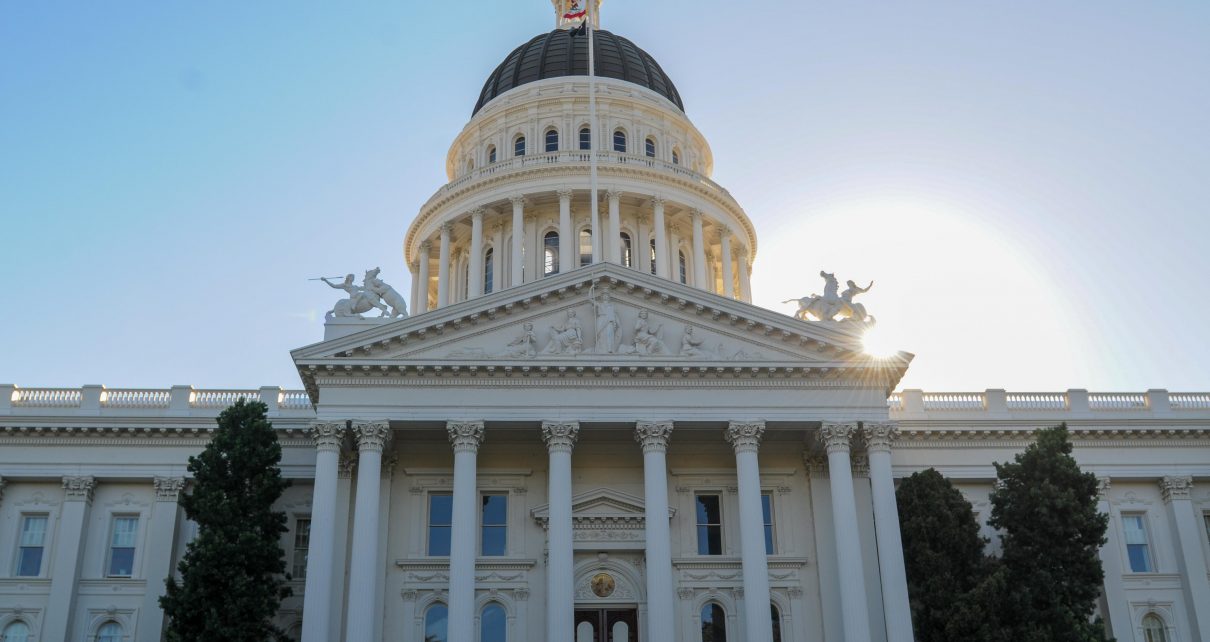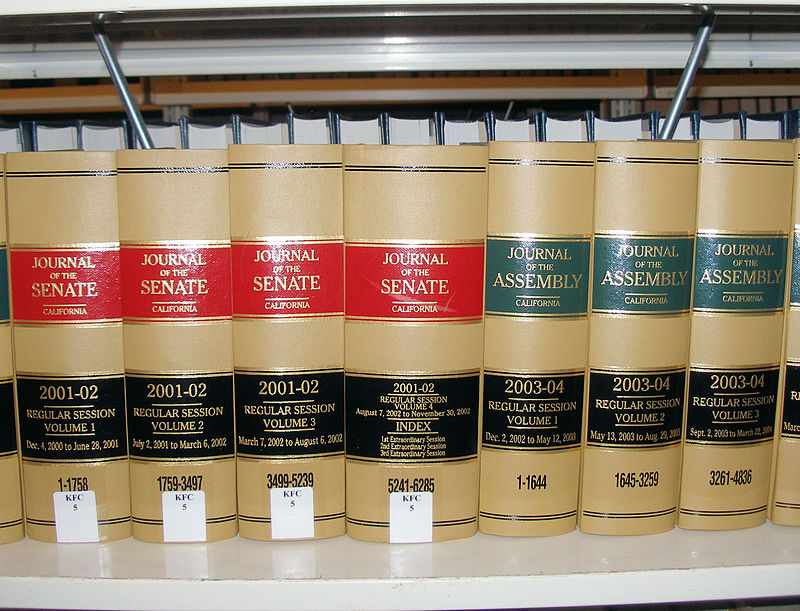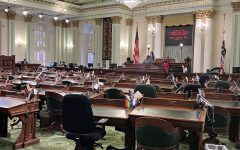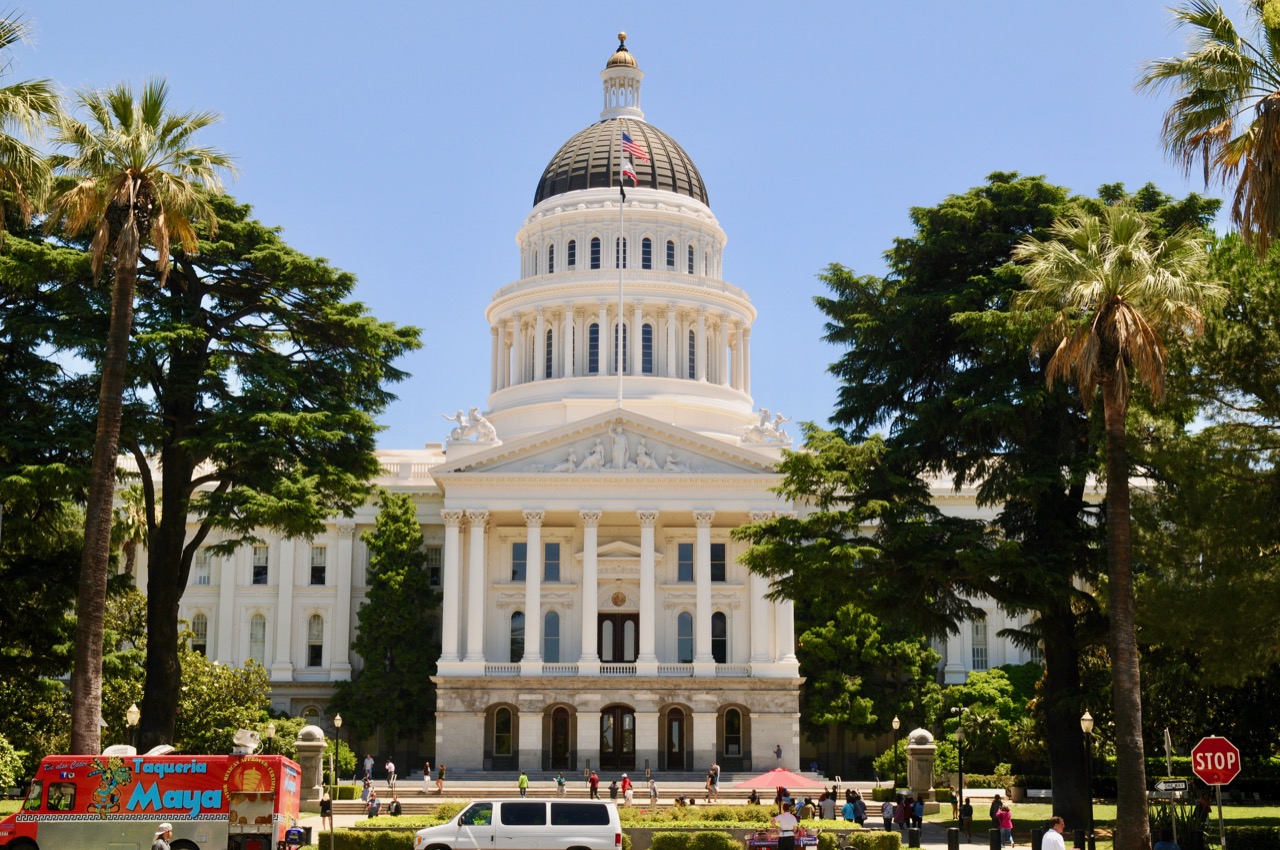
California State Capitol. (Photo: Kevin Sanders for California Globe)
Contingency Language May Not Save Your Bill
Without receiving funding, the statutory provisions will never be operative
By Chris Micheli, October 8, 2023 2:16 pm
In recent years, particularly the past two, bills in the California Legislature contain language that makes them become operative upon a budget appropriation or an appropriation contained in a separate bill. This has been done primarily to get past the Suspense Files in the Senate and Assembly Appropriations Committees. However, based upon actions taken by Governor Newsom last year, as well as so far this year, these provisions may not save a bill from a gubernatorial veto.
The following are examples of most of the language used in bills that reached Governor Newsom’s Desk from the 2023 California Legislative Session:
This section shall become operative upon appropriation by the Legislature, or upon funding from an outside source, to the department for the purposes of covering the department’s costs in carrying out these provisions.
OR
This section shall become operative upon appropriation by the Legislature for the purposes of carrying out these provisions.
OR
Implementation of this chapter shall be subject to appropriation by the Legislature, in the Budget Act or another statute, for the purposes of this chapter.
OR
The Legislature has passed an appropriation for the subject fiscal year for this express purpose.
OR
The provisions shall not become effective unless approved by the Legislature in the annual Budget Act.
The above examples all make the provisions of the particular bill operative only when there is funding provided at some future time. In other words, the bill, if signed into law to become a statute, could be “on the books” and contained in one of California’s 29 Codes. However, without receiving funding, the statutory provisions will never be operative.
Again, the idea behind this language is, the Legislature and Governor will put this bill’s provisions into statute, and then await funding to come by the Budget Bill or a subsequent appropriations bill. This approach could be viewed as giving a partial victory to the bill author by getting their bill signed, but also a victory for the fiscal committees and Governor because the new law would require funding to be appropriated.
As noted, however, this has not always been a successful route to avoid a veto from the Governor.
- Relations of LLC Members and Managers - February 24, 2026
- This Is an Interesting Limit on Rulemaking Power - February 23, 2026
- Miscellaneous Civil Action Proceedings - February 23, 2026




